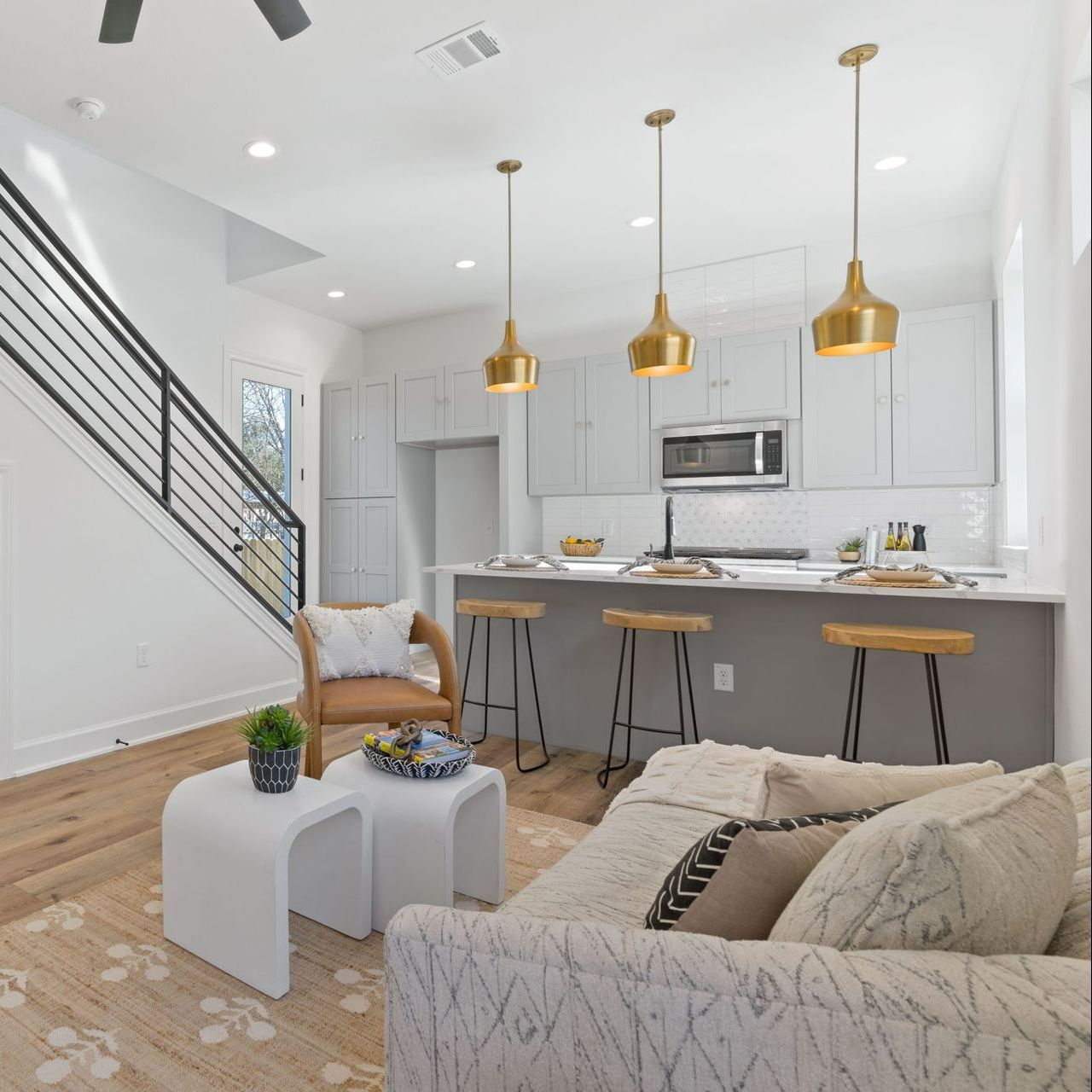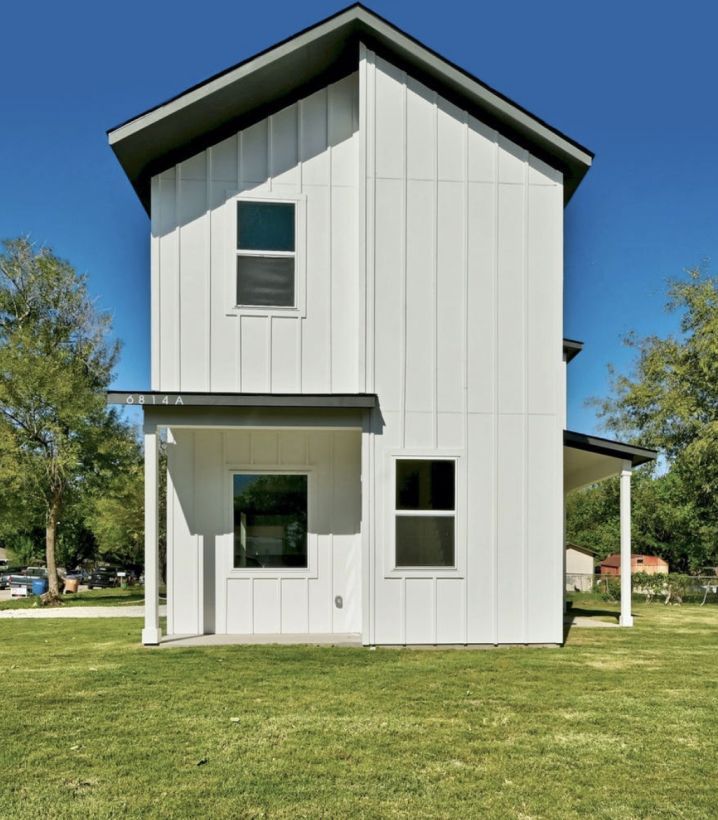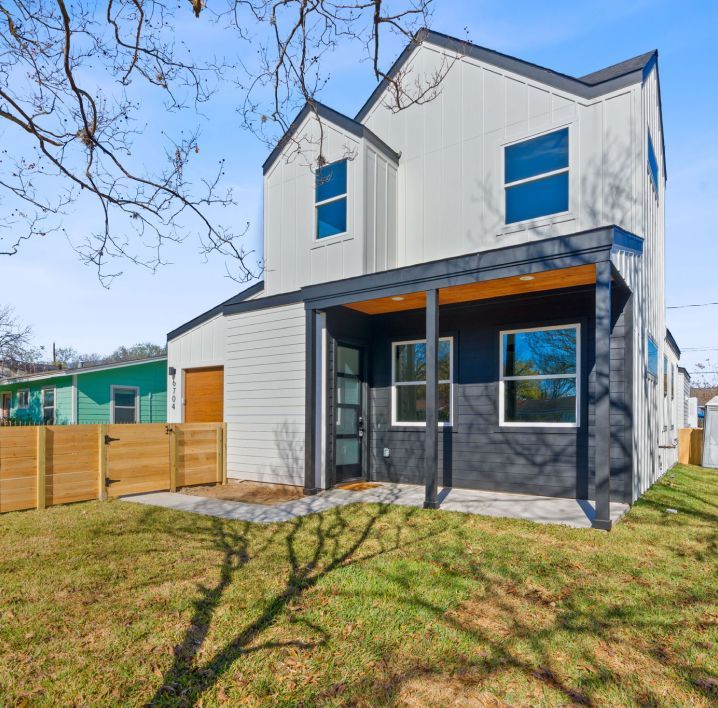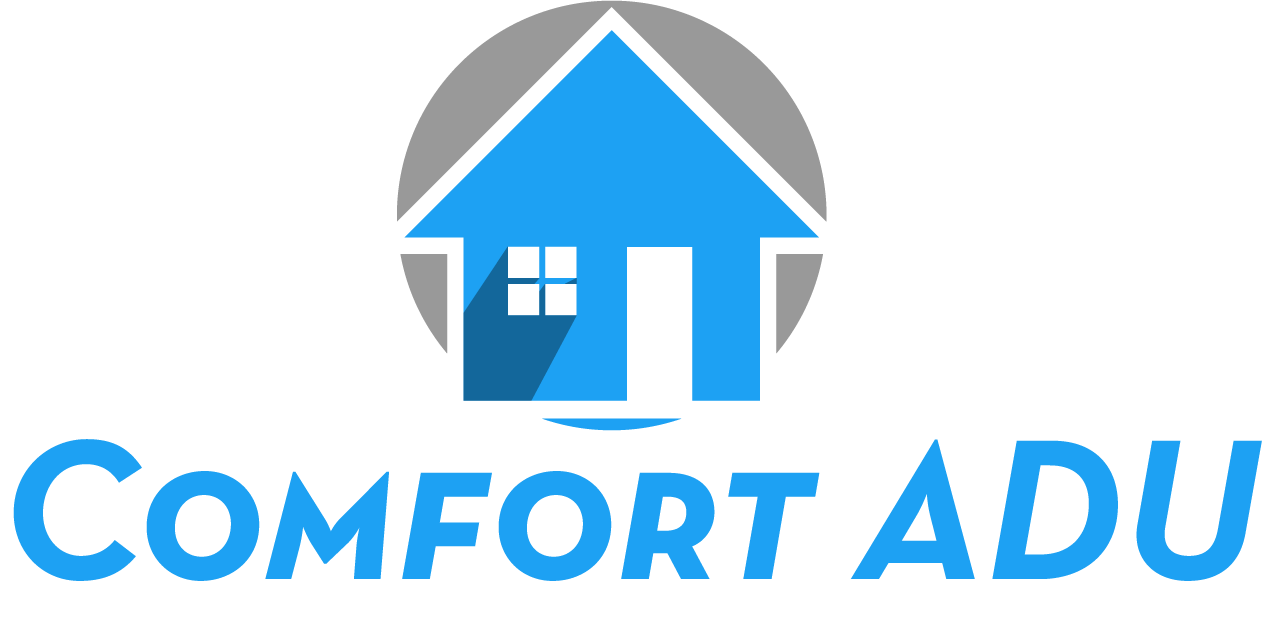
UNDERSTANDING ADUs
What Are Accessory Dwelling Units (ADUs)?
Accessory Dwelling Units (ADUs) represent a modern solution to urban housing challenges, offering a unique way to utilize property space efficiently. These independent living spaces, ranging from detached backyard cottages to converted garages, provide homeowners in Austin, TX, with opportunities for rental income, additional living quarters for family, or dedicated workspaces. Join Comfort ADU as we explore the benefits, versatility, and transformative potential of ADUs in enhancing your property and lifestyle.
Defining ADUs (Aka. In-law Suite, Granny Flats, etc.)
Accessory Dwelling Units (ADUs) are independent living spaces located on the same property as a primary residence. They serve multiple purposes, including offering rental income, increasing property value, and providing additional space for living or work. ADUs can be detached structures, converted garages, or basement and attic remodels, each designed to meet diverse homeowner needs. The development process involves careful planning and collaboration with experienced professionals to ensure the project's success and compliance with local regulations.
TYPES OF ADU
Know Which ADU Fits For Your House
Attached ADU
Practical Uses: Attached ADUs are perfect for homeowners looking to keep relatives close—such as aging parents or adult children—while providing them with a separate space. They're also suitable for adding a rental unit without compromising the existing structure of the home.
Ideal For: Properties with limited space that can't accommodate a separate structure. This setup maintains a unified property aesthetic and is cost-effective, as it shares utilities and infrastructure with the main home.
Detached ADU
Practical Uses: Detached ADUs offer maximum privacy and flexibility, serving well as rental properties, guesthouses, or quiet retreats for work or creativity.
Ideal For: Homeowners with ample backyard space wishing to maximize their property’s rental income potential or provide independent living quarters separate from the main house.
Second Story or Basement Conversion ADU
Practical Uses: These conversions are adept at leveraging underutilized spaces within your home, turning them into income-producing properties or additional living quarters for family members.
Ideal For: Urban properties or homes without extra land for expansion. They're perfect for adding value to your existing structure and can significantly increase your home's utility and space without altering its footprint.
Garage Conversion ADU
Practical Uses: Transforming a garage into an ADU is an efficient way to add living space for family or generate rental income, utilizing existing structures on your property.
Ideal For: Homeowners looking for a budget-friendly ADU option that minimizes construction disruption. It's particularly appealing if the garage is underused and the property lacks space for a detached unit.
ELEVATE YOUR HOME
Main Benefits of an ADU
Additional Rental Income
Accessory Dwelling Units (ADUs) offer a strategic avenue for homeowners to earn additional income by leasing out these compact, separate living areas. This financial boost can significantly aid in covering mortgage expenses or enhancing the overall household budget, providing a practical solution to financial management.
Multigenerational Living
ADUs serve as an ideal solution for families seeking to embrace multigenerational living arrangements. They allow close family members such as elderly parents, grown-up children, or other relatives to reside in proximity, fostering family bonds while upholding individual privacy and autonomy.
Increased Property Value
Incorporating an ADU into your property portfolio not only expands your living space but also potentially elevates the market value of your property. The allure of additional income through rent and the versatility of the space can make your property more appealing to future buyers, potentially driving up its market value.
Affordable Housing
By introducing more compact and cost-effective rental options, ADUs play a pivotal role in mitigating the challenges of housing affordability, especially in densely populated urban settings. They present a viable alternative to conventional housing, offering economically accessible living solutions.
Adaptive Reuse of Space
The development of ADUs often involves the creative repurposing of pre-existing structures like garages, basements, or attics. This approach minimizes the need for new construction, efficiently leveraging existing land and resources to maximize utility and minimize environmental impact.
Housing Flexibility
ADUs epitomize versatility in housing, catering to a broad spectrum of uses such as providing a home for aging family members, creating additional space for adult children returning home, accommodating guests, or offering a dedicated area for work or creative pursuits.

ZONING & PERMITTING REQUIREMENTS
Navigating ADU Laws & Regulations
The development of an Accessory Dwelling Unit (ADU) is governed by a complex web of local zoning laws, building codes, and regulations that vary significantly from one jurisdiction to another. These rules dictate crucial aspects of ADU development, including but not limited to:
ADU DEVELOPMENT PROCESS
Planning & Building an ADU
Embarking on the journey to add an Accessory Dwelling Unit (ADU) to your property is an exciting venture that requires careful planning and consideration. Here are the essential steps and factors to keep in mind:
FAQS
Frequently Asked Questions About ADUs
UPGRADE YOUR PROPERTY
Ready to Upgrade Your Property with an ADU?
If you're considering adding an Accessory Dwelling Unit (ADU) to your property and are ready to explore the possibilities, we're here to help. Whether you're looking to create additional living space, generate rental income, or accommodate family members, an ADU can offer a versatile and valuable addition to your home.

